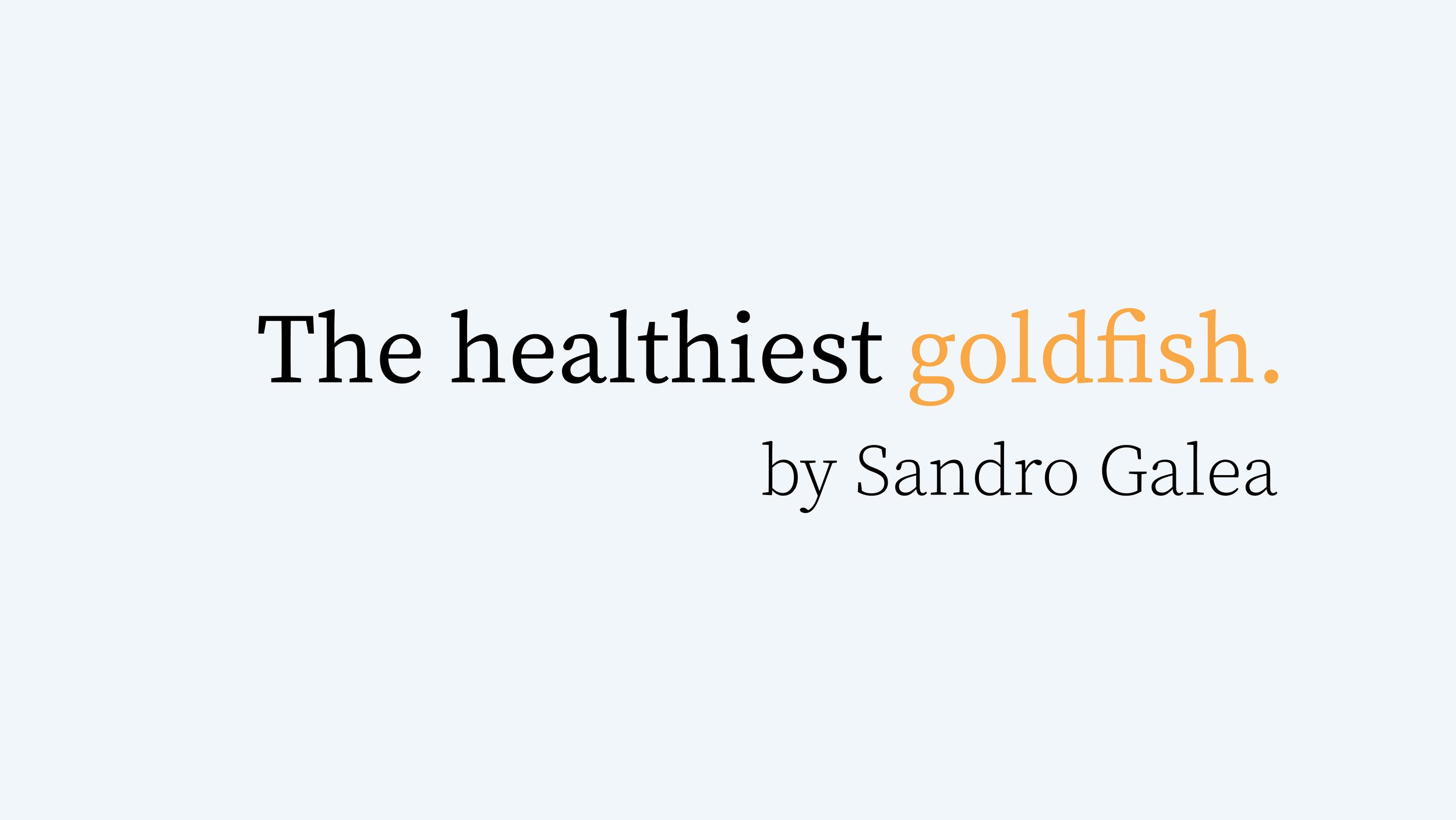In recent months, I have written a fair bit about the ongoing conflict in Gaza, trying to articulate my thoughts on a tragic and volatile situation. As I have done so, I have heard from many who read these essays, and I am grateful always for those who do write and comment. Some have agreed with what I have written. Some have disagreed. Some have wondered why I have written at all and challenged me for “pontificating.” And many have remarked that speaking is difficult in the moment, that it is safer not to speak at all. I read all comments carefully and try to reflect on them. All comments—even ones I disagree with— help sharpen my thinking and hopefully push me to be better at formulating what I write.
I am aware that this recent experience with public writing has been taking place against a backdrop of controversy about speech in academic spaces that has gained national attention. Questions have been raised about academia’s commitment to free speech and about the role of academic institutions in speaking out about current events. In the context of this debate, there have been calls for an adoption of institutional neutrality, in which academic institutions largely refrain from engaging with contemporary events and issues of consequence, and that academic leaders should follow suit. While there is much to recommend the idea of institutional neutrality as intended (more on that later), I worry that the general sway of public conversation swings—as it often does—to a binary, and that the moment is so fraught that, essentially, it suggest that we should not speak, about much, ever.
So today, as I mentioned in last week’s THG, I thought I would try to address that, to put pen to paper and ask the question: when should we speak?
Read more here




